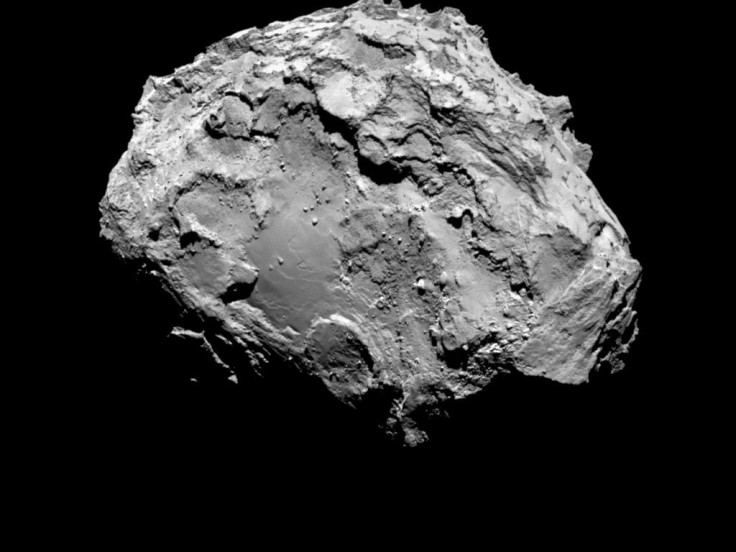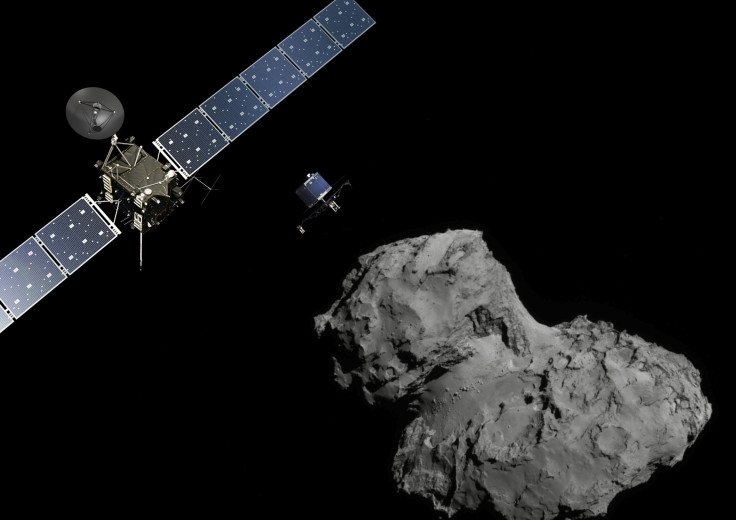Will A Comet Hit Earth In 2015? Risk Is Higher Than Thought, Astronomers Say

Earth has a higher risk of being hit by a comet than previously thought, according to some astronomers, the Guardian reported Tuesday. Researchers acknowledged that the discovery of hundreds of giant comets, called “centaurs,” requires expanding the list of objects that could be potentially hazardous to Earth.
Centaurs are balls of ice and dust with an unstable orbit that begins beyond Neptune. They can reach up to 30 to 60 miles wide. During orbit, comets cross paths with Jupiter, Saturn, Uranus and Neptune. Those planets’ gravity fields intermittently deflect a comet toward Earth, which only happens about once every 40,000 to 100,000 years. One centaur has more mass than the entire population of Earth-crossing asteroids discovered to date, according to the research team. As comets approach the sun, they begin to disintegrate into debris tails, “making impacts on our planet inevitable,” the research team wrote in Astronomy and Geophysics, the journal of the Royal Astronomical Society.

The researchers argued that astronomers should focus on monitoring more than just near-Earth asteroids. NASA tracks around 12,992 near-Earth objects that are orbiting within our solar system close to our own orbit and and estimated around 1,607 of them are classified as Potentially Hazardous Asteroids, the Daily Mail reported.
“In the last three decades, we have invested a lot of effort in tracking and analyzing the risk of a collision between the Earth and an asteroid,” said co-author Bill Napier of the University of Buckingham, the Daily Mail reported. “Our work suggests we need to look beyond our immediate neighborhood too and look out beyond the orbit of Jupiter to find centaurs. If we are right, then these distant comets could be a serious hazard and it's time to understand them better.”
Some scientists argued that a comet bombardment might have sparked life on Earth by bringing water and organic molecules and that a comet strike might have also wiped out dinosaurs 65 million years ago.
“A centaur arrival carries the risk of injecting, into the atmosphere … a mass of dust and smoke comparable to that assumed in the nuclear winter studies,” the researchers wrote. “In terms of magnitude, its ranking among natural existential risks appears to be high.”
© Copyright IBTimes 2024. All rights reserved.












